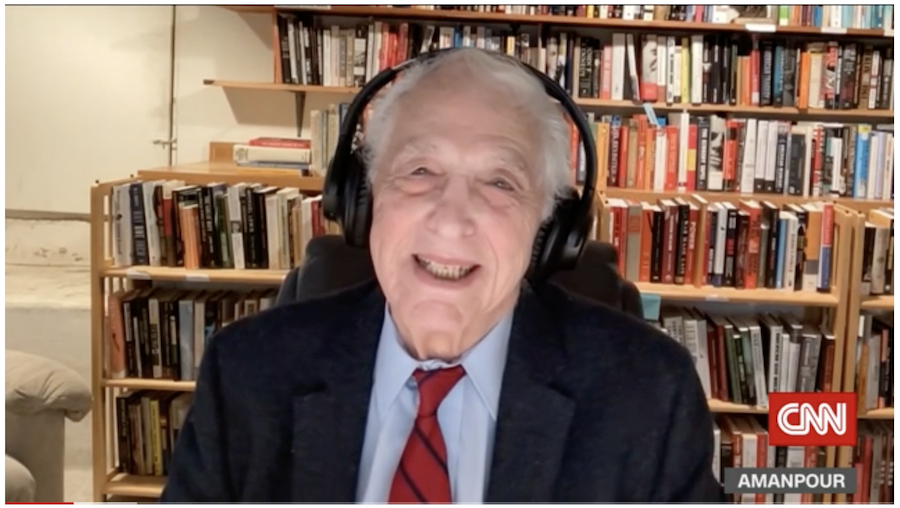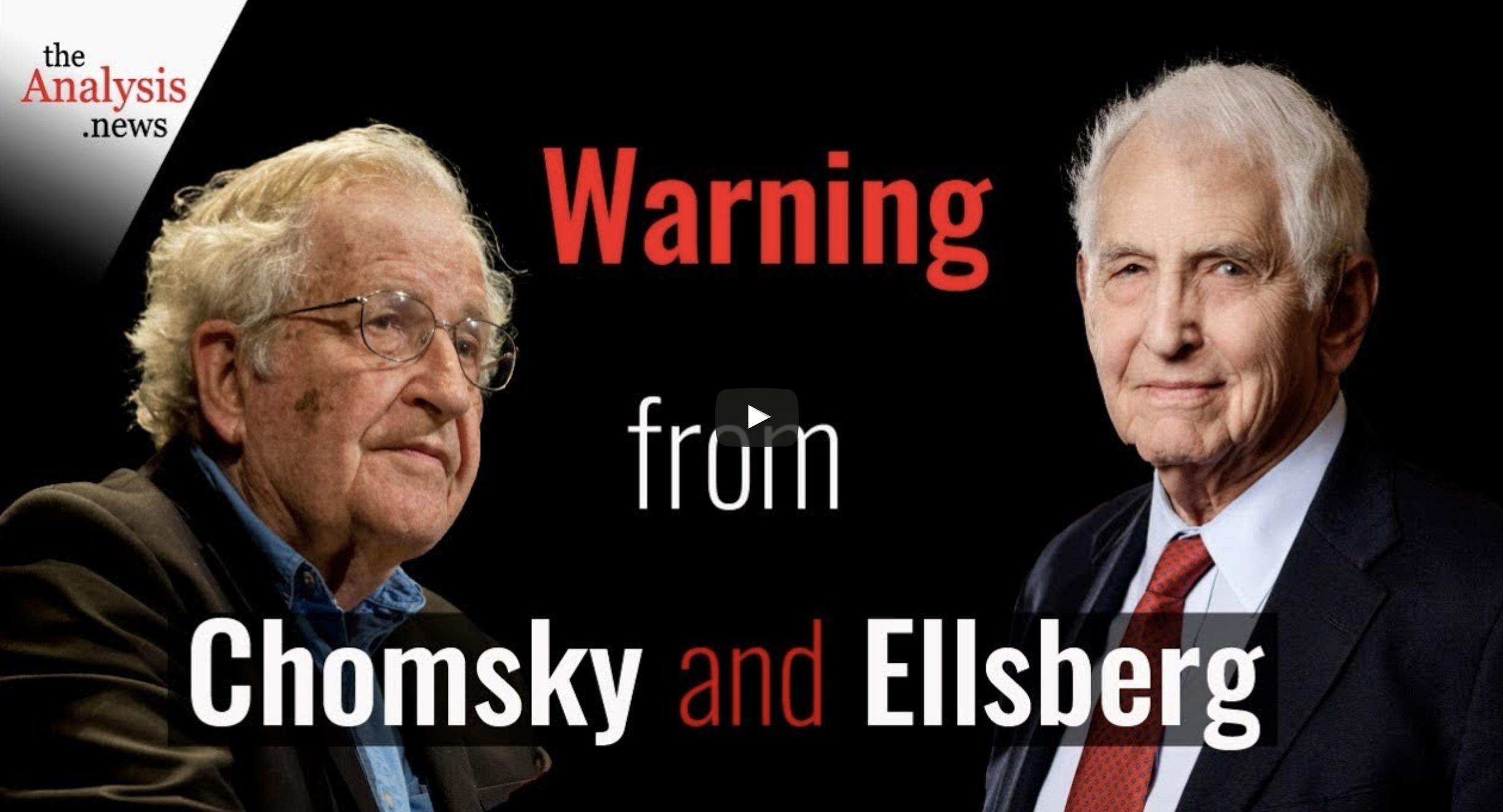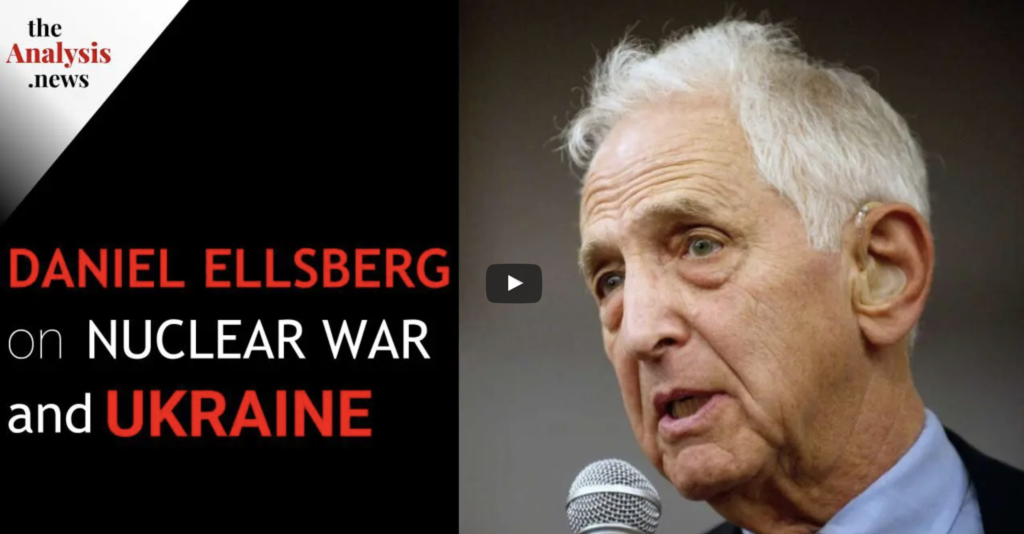
Watch Ellsberg’s conversation with Christiane Amanpour, “Speaking Truth to Power: Ellsberg’s Legacy of Courage and Conscience,” aired on CNN on 3/23/23.
Excerpts from the Interview:
Christiane Amanpour: The 20th anniversary of the Iraq War this week reminds us all of the critical importance of holding governments to account. Fast forward to today, and autocrats are waging wars around the world, from Russia’s latest year-long invasion of Ukraine to Iran’s battle with its own people.
The brave women and men taking to the streets there remind us of the power and value of speaking truth to power. Whistleblowing plays a crucial role in this pursuit. Without it, unjust wars begin and injustices go unchecked.
Daniel Ellsberg is probably the patron saint of them all. Anyone who knows anything about America’s misguided war in Vietnam knows his name to this day, because of one giant leap of courage and conscience. Leaking the Pentagon Papers in 1971, at great personal risk, changed the course of that history by revealing America secretly knew the war was unwinnable.
Fifty years later, Ellsberg is still deeply committed to peace and transparency. But this month, at almost 92, he revealed his latest personal battle after being diagnosed with inoperable pancreatic cancer. So when he joined me from Berkeley, California, we talked about his life, this farewell moment, and above all, how to save lives by speaking out.
Daniel Ellsberg, welcome to the program.


